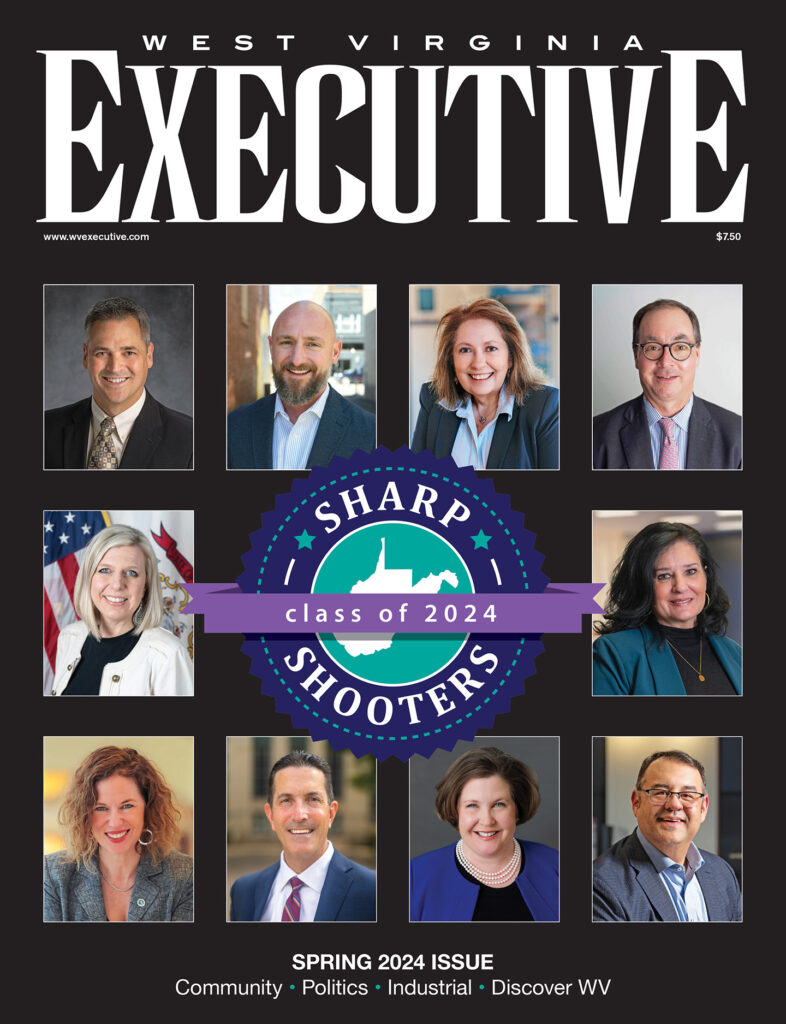By Marta Tankersley
 International education has long been utilized as a means of promoting understanding among cultures, and in recent years it has also become big business. The concept of education as an export may be new to many, but since the U.S. is the most popular destination for foreign students, higher education has earned its place among America’s top 10 exports, adding billions to the national economy annually. A recent study by the National Association of Foreign Student Advisers’ (NAFSA) Association of International Educators in cooperation with the Institute of International Education and Indiana University shows that during the 2009-2010 academic year, approximately $20 billion were introduced to the national economy in the form of tuition and living expenses alone.
International education has long been utilized as a means of promoting understanding among cultures, and in recent years it has also become big business. The concept of education as an export may be new to many, but since the U.S. is the most popular destination for foreign students, higher education has earned its place among America’s top 10 exports, adding billions to the national economy annually. A recent study by the National Association of Foreign Student Advisers’ (NAFSA) Association of International Educators in cooperation with the Institute of International Education and Indiana University shows that during the 2009-2010 academic year, approximately $20 billion were introduced to the national economy in the form of tuition and living expenses alone.
The trend of increasing foreign enrollment in U.S. colleges and universities is undeniable with a 32 percent increase since 2001. This is due, in part, to the push by the U.S. State Department to expand international goodwill, develop mutual understanding and build an appreciation of the U.S. in the aftermath of the 9/11 attacks on the World Trade Center and the Pentagon.
Believing that educational opportunities are critical in preparing U.S. students to live, work and compete in the global economy, in her 2011 address to participants of International Education Week sponsored by the U.S. Department of Education and the U.S. State Department, Secretary of State Hillary Rodham Clinton said, “International education is a growth sector for the United States, having increased by 7 percent last year. And worldwide, women make up almost half the total international student body. That’s the good news. Unfortunately, only 1 percent of American students from two- and four-year institutions are studying abroad.”
Kim Waybright, an undergraduate communications student at West Virginia State University (WVSU) with an emphasis in Spanish, was fortunate enough to be among the 1 percent. She studied Spanish in Costa Rica during the Spring 2012 semester and plans on returning in December 2012 to continue her studies. “Learning the language in a country where Spanish is the first language was just incredibly helpful,” she says. Although she is not considering a career outside the U.S. upon graduation, she feels the understanding gained through this experience has made her education more complete and urges others to take advantage of any opportunity they may have to study abroad.
In 2011, a record high of 723,000 international students was reported nationwide. While the states with the most foreign enrollment are California, New York and Texas, West Virginia has its own share of international students with more than 2,400 reported in May 2012. These students and their families have contributed more than $50 million to the state economy, according to “Open Doors,” a study published by the Institute for International Education, which conducts an annual census each fall. West Virginia University (WVU) boasts the lion’s share of foreign student enrollment, and Marshall University (MU) comes in a distant, but distinct, second.
“With global engagement an area of focus in the WVU strategic plan for 2020, we are very proud that the number of international students has been increasing on campus in recent years,” says WVU’s Director of the Office of International Students and Scholars Michael Wilhelm. “Many students will never have the opportunity to study abroad, so there is a responsibility to provide a global experience on campus as students prepare to enter the work force.”
Dr. Clark Egnor, executive director of the Center of International Programs at MU concurs. “It’s important to have international students on our campus. International students, the world’s next generation of leaders, enhance campus diversity and provide cross-cultural experiences for U.S. students who cannot or will not study abroad—helping to make our U.S. students better prepared and competitive in the international marketplace.”
The majority of foreign students studying in America hail from China, India, South Korea, Canada and Taiwan. The statistics in West Virginia, however, where more than 18 countries are represented, show the most common countries of origin as China, India, Vietnam, Saudi Arabia and Canada.
As great as it is for U.S. students to be introduced to foreign students and their cultures through international study programs, it is equally advantageous for the student who is far from home.
Czech Republic native Katarina Dedicova, who is completing her master’s degree in filmmaking at WVSU, says, “I always wanted to experience living in America because I knew so much about it from external sources and I wanted to experience living here myself.” She feels the experience of international studies provides a different way of looking at what is being taught while also providing valuable lessons about other cultures. “It’s a great experience that not only allows you to get to know new people, understand different cultures and languages, but also allows you to grow and learn more about yourself.” Dedicova plans to work internationally following graduation but isn’t certain in which nation she will choose to start her career.
Although there are endless degrees to choose from when studying in the U.S., national trends for international student enrollment are in the following areas of study: social sciences, business management, humanities, fine arts and physical and life sciences. Most of West Virginia’s foreign student population is studying business management, computer and information technology, engineering, biochemistry and education.
The U.S. exports many things, but education may provide the most beneficial return for the investment now and in the future.
About the Author
 Marta Tankersley is a communications major at West Virginia State University (WVSU) where she serves as editor in chief of the campus news magazine, The YellowJacket. A 2012 summer intern for West Virginia Executive, Tankersley is a member of the Public Relations Student Society of America and the West Virginia Filmmaker’s Guild. She was also recently named director of Tower Communications, WVSU’s public relations and marketing firm.
Marta Tankersley is a communications major at West Virginia State University (WVSU) where she serves as editor in chief of the campus news magazine, The YellowJacket. A 2012 summer intern for West Virginia Executive, Tankersley is a member of the Public Relations Student Society of America and the West Virginia Filmmaker’s Guild. She was also recently named director of Tower Communications, WVSU’s public relations and marketing firm.


